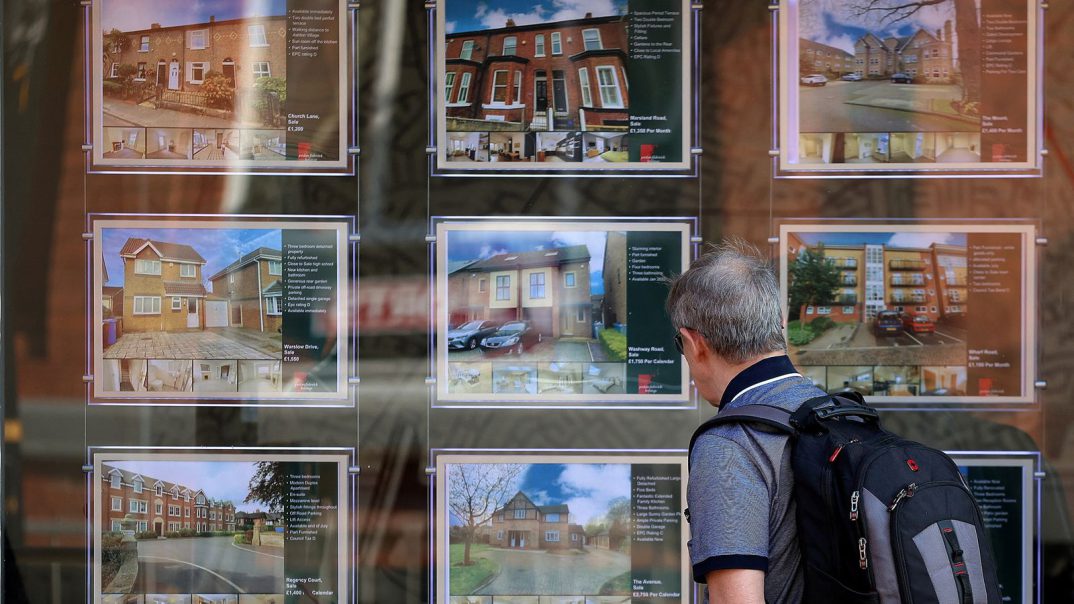By Jimmy Rice, Money blog editor
Coverage of the budget was hard to avoid this week – but amid all the noise, impartial clarity on what it means for you and the UK was a little harder to find.
Our data and economics editor, Ed Conway, was at the Sky News screen throughout, providing his analysis.
He explained how, after tax hikes totalling £40bn, the UK’s tax burden is now higher than anything on comparable record.
This video will be four minutes of your commute well spent…
It’s common to look for winners and losers after fiscal events – but as financial advisers Blick Rothenberg wrote in their post-event notes, “you would be hard pressed to find many winners”.
Footing much of the bill for the apparent £22bn “black hole” left by the previous government (this, of course, is the picture painted by Labour), will be businesses, whose national insurance contributions will rise from 13.8% to 15%.
They will also have to budget for a hike in the minimum wage from April. Those aged 21 or over will get £12.21 per hour – up 6.7%. In London, that will be £13.85. For those aged 18-20, the minimum wage goes from £8.60 to £10 – up 16%.
While these workers might consider themselves among the winners, we heard testimony from employers deeply worried over the viability of their businesses.
Toby Dicker, founder of the Salon Employers Association, became emotional when speaking about the full impacts increased national insurance and minimum wage costs would have on businesses like his.
“It is much, much, much worse than we ever thought it could be,” he told Sky News.
Watch the interview here…
Rachel Reeves was also accused of “shafting” farmers – this was Jeremy Clarkson’s word – with her reform to inheritance tax.
From April 2026, assets over £1m will be subject to inheritance tax with 50% relief (at an effective rate of 20%).
Capital gains tax was also hiked – though not as much as some had predicted. More surprising to many was an uprating of stamp duty in England and Northern Ireland for those purchasing second homes and investment properties.
The charge rose from 3% to 5% with less than 12 hours’ notice – resulting in a scramble to renegotiate prices that we reported on here…
Those with children in private schools along with smokers and vapers were also named by Blick Rothenberg as among the biggest budget losers.
The winners?
“Those who enjoy the occasional pint will be heartened to know that the draught duty will be cut by 1.7%, saving a whopping 1p on your pint down the pub,” the finance experts said.
“Don’t get too excited if you prefer a vodka lime and soda, however, as alcohol duty rates on non-draught products will be increasing in line with inflation from February 2025.”
As the hours went by, it became clearer that markets were not particularly enamoured by what they heard from Rachel Reeves at the dispatch box
“It’s gone down about as badly as any budget in recent years, save for Liz Truss’s mini-budget,” wrote Ed Conway.
A drop in the pound and higher interest rates on government borrowing were among the consequences.
“Higher borrowing rates for UK debt mean it – well, us – will end up paying considerably more to service our debt in the coming years,” Conway said.
“And that debt is about to balloon dramatically because of the plans laid down by the chancellor this week.”
This, Conway wrote in the analysis below, could make for a “sticky” time for Ms Reeves…
We’ll be back with live updates on Monday morning – and don’t forget our Saturday long read, on whether you should give money directly to the homeless, will be published from 8am tomorrow.


